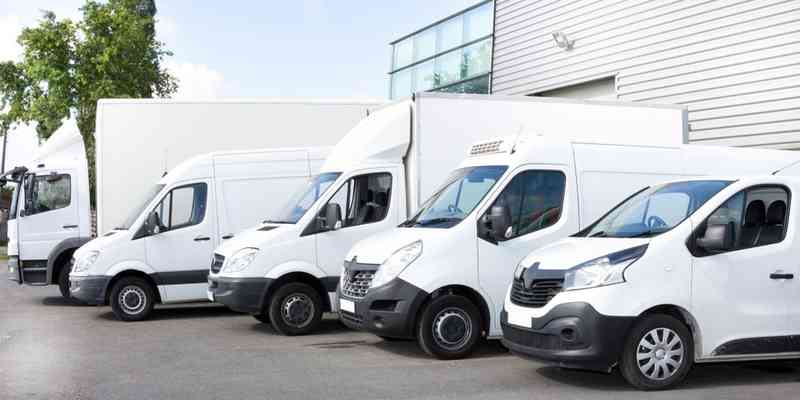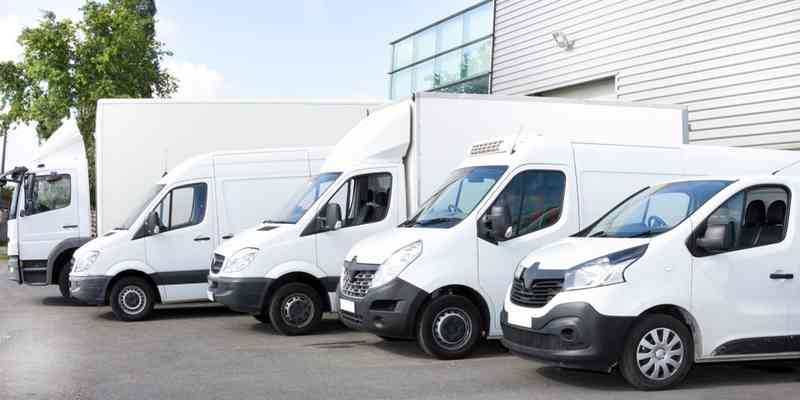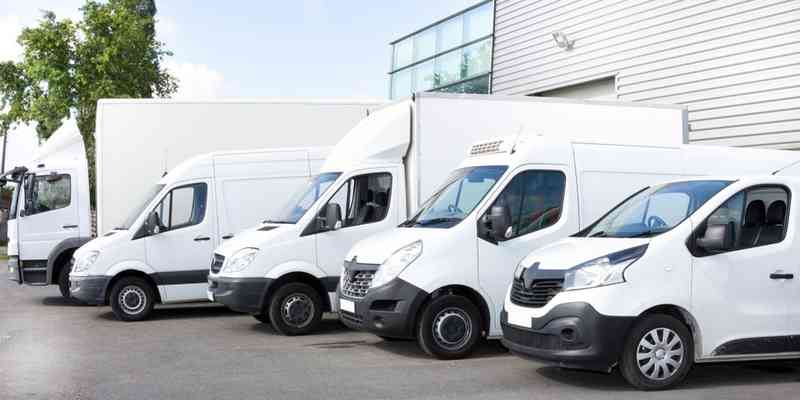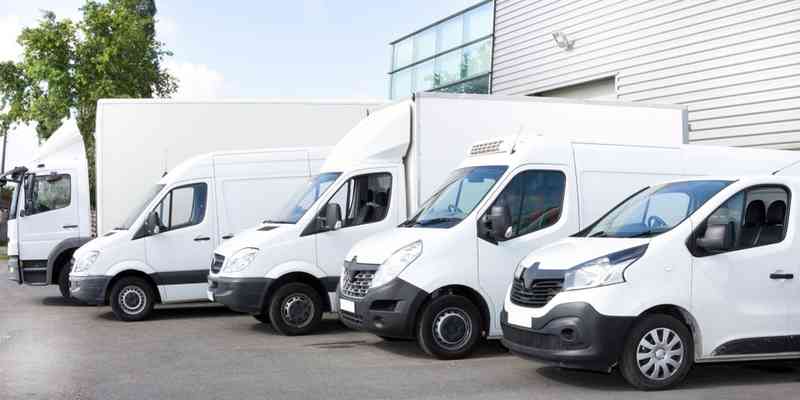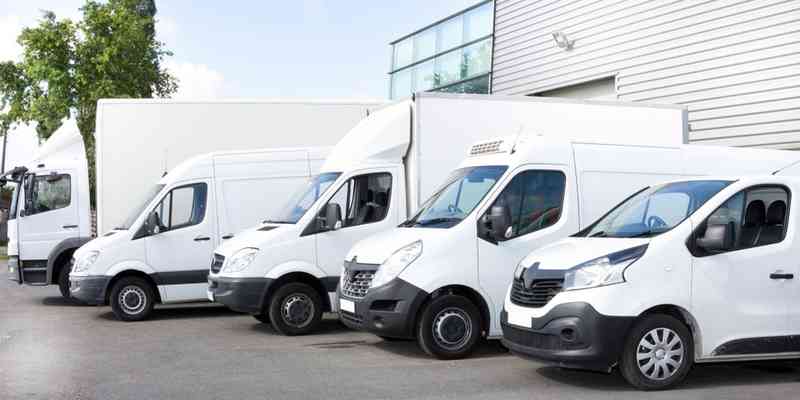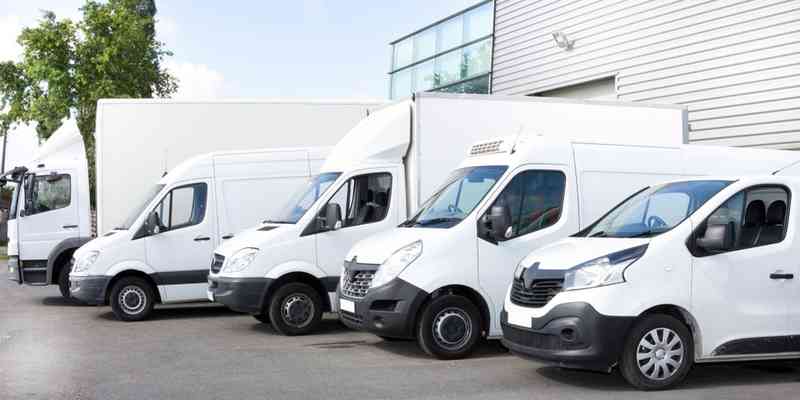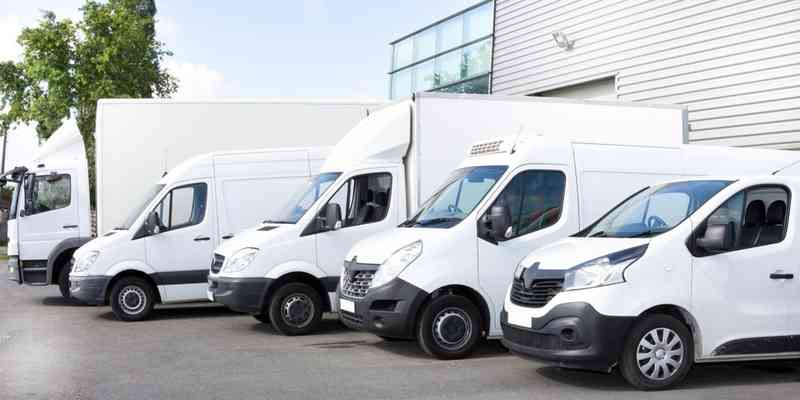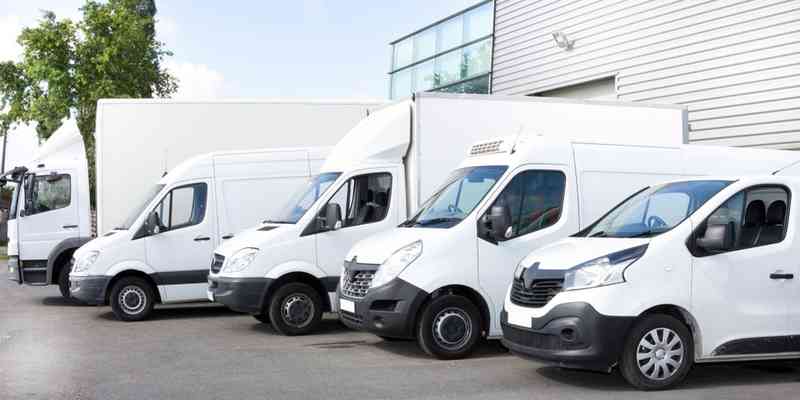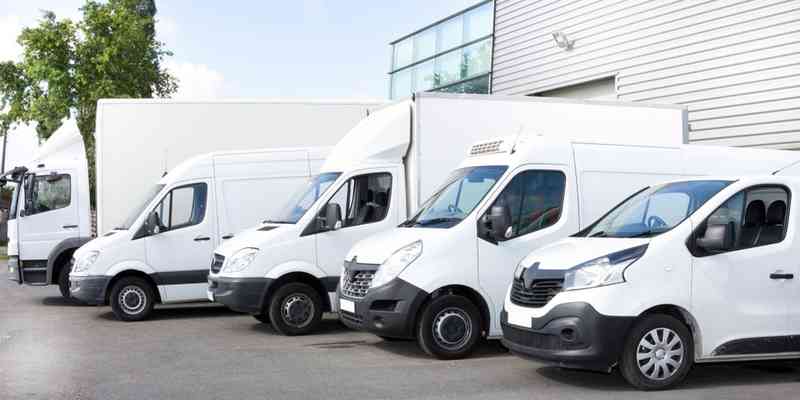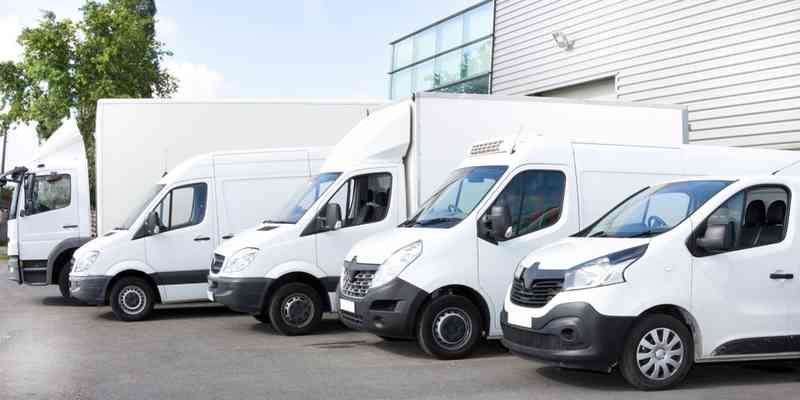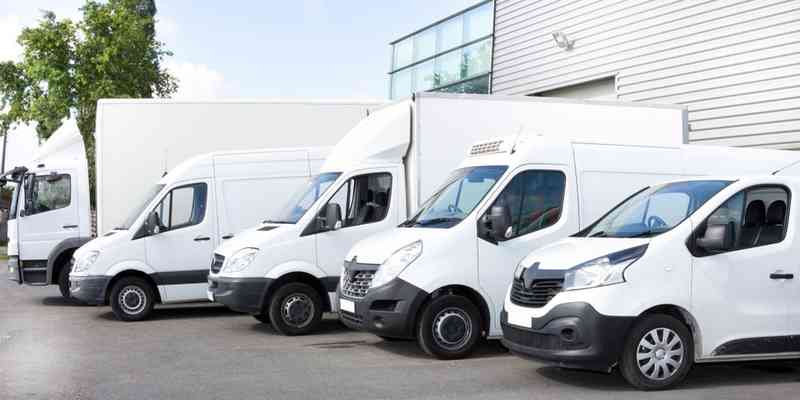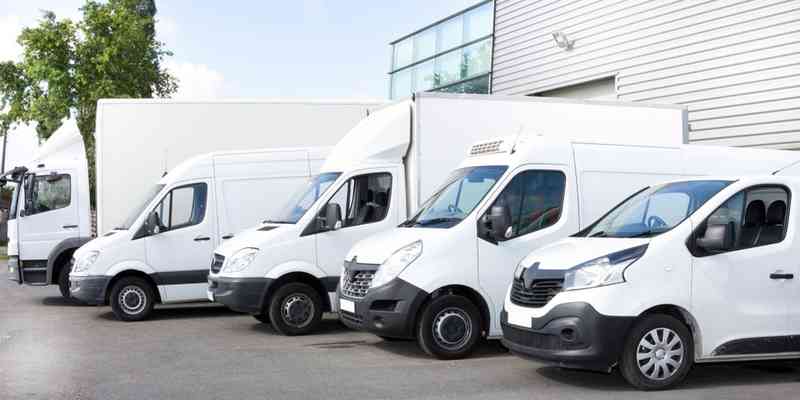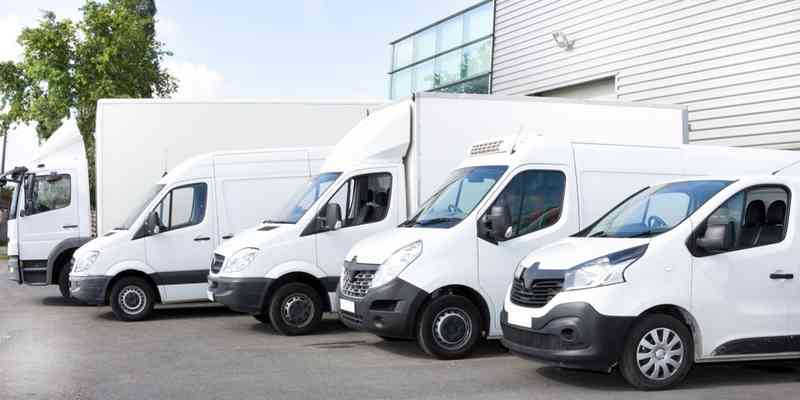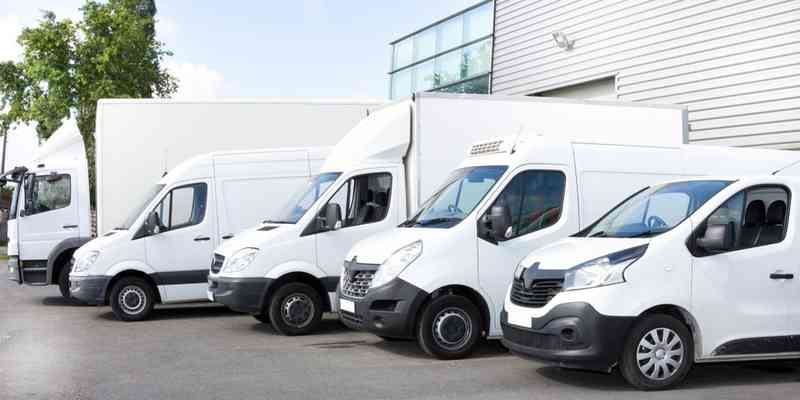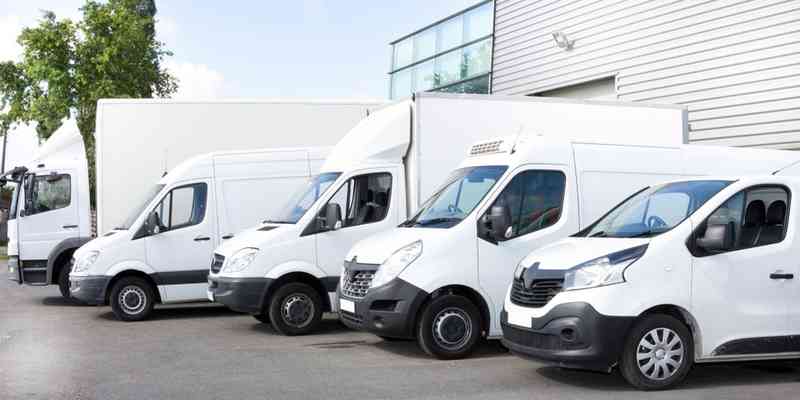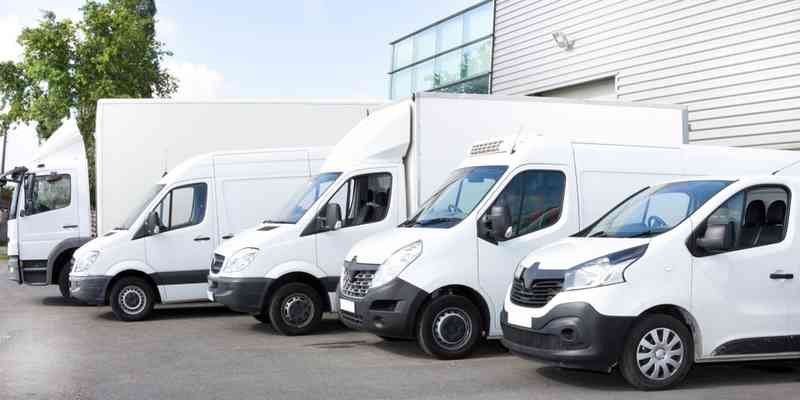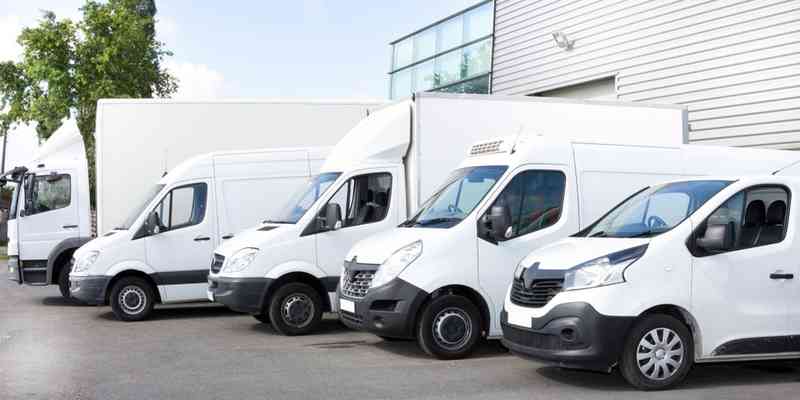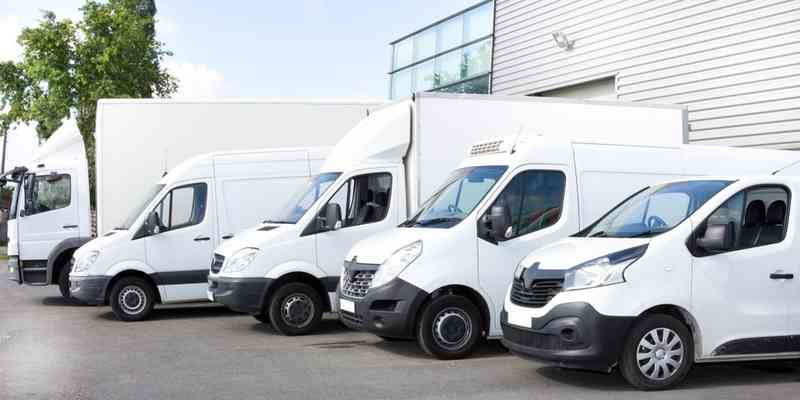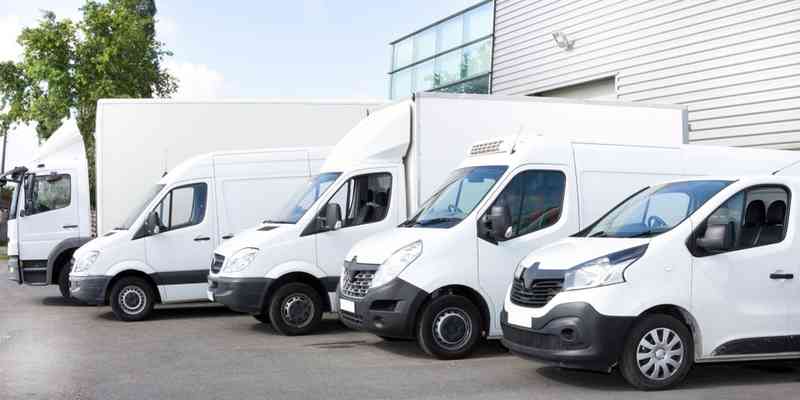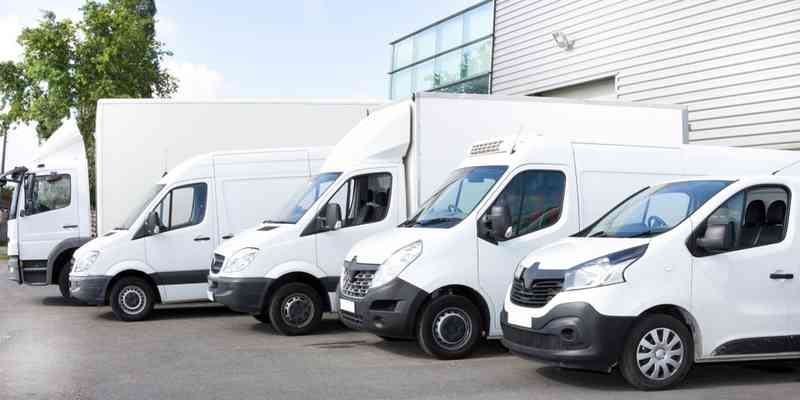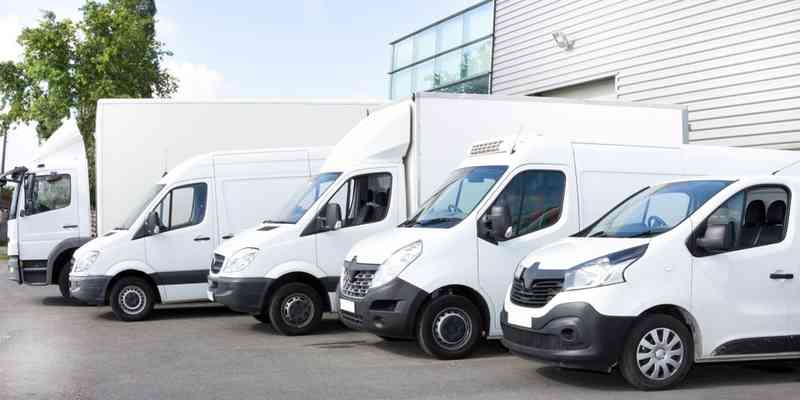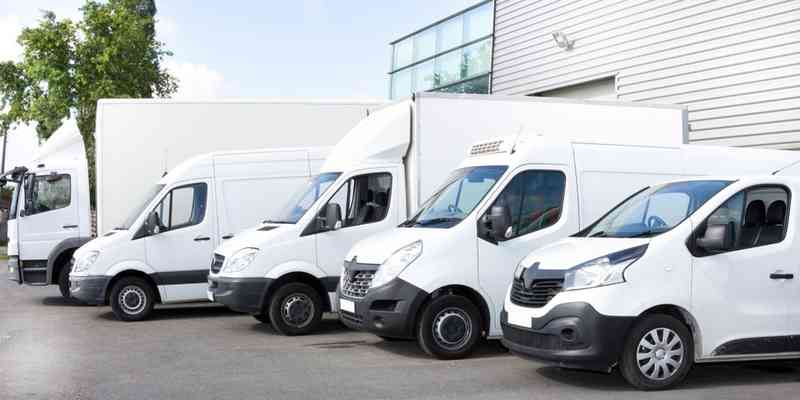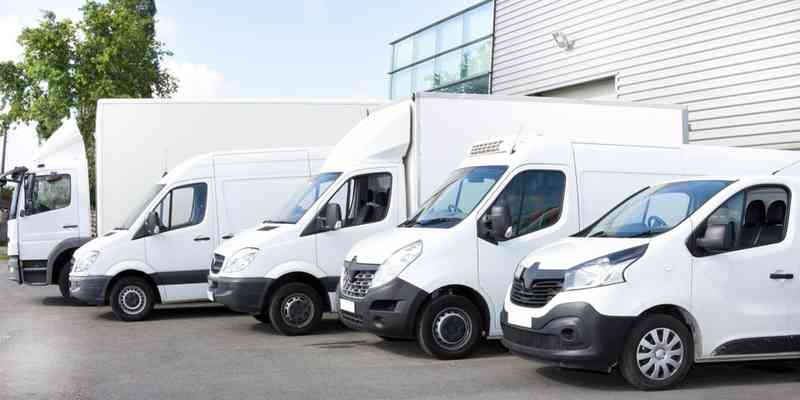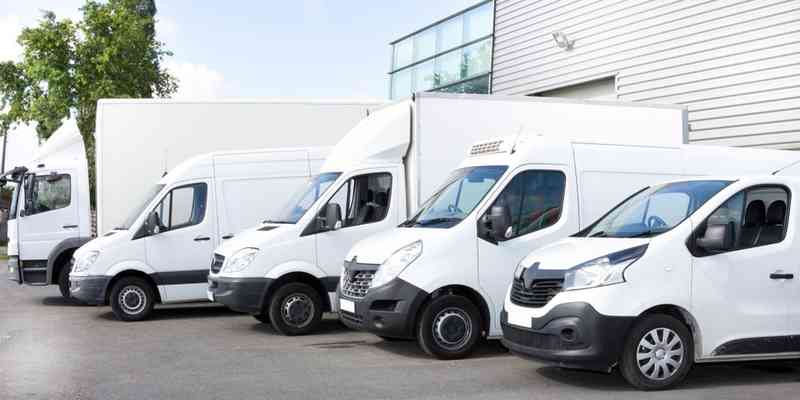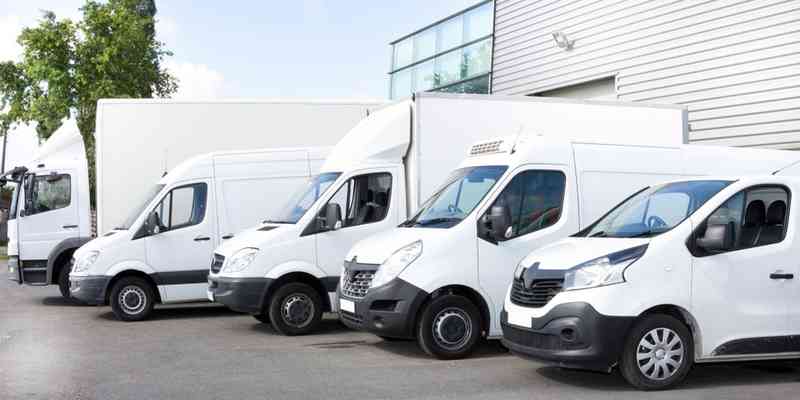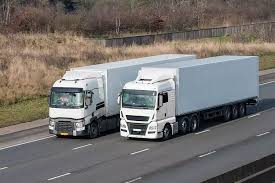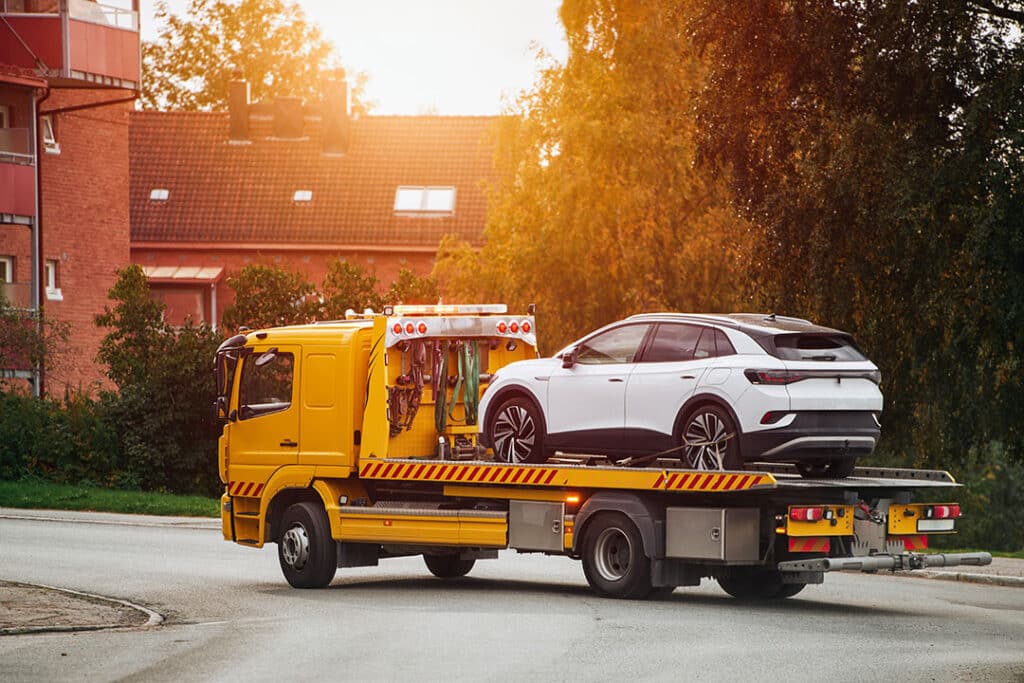What is Commercial Vehicle Insurance? Essential Protection Explained
Published by Insure24 - Your trusted commercial insurance specialists
Introduction
Commercial vehicle insurance is a specialized form of motor insurance designed to protect businesses that use vehicles for commercial purposes. Unlike personal car insurance, commercial vehicle insurance covers the unique risks and higher liability exposures that come with using vehicles for business operations.
Whether you operate a single delivery van or manage a large fleet of trucks, understanding commercial vehicle insurance is crucial for protecting your business, employees, and financial stability. This comprehensive guide will explain everything you need to know about commercial vehicle insurance and why it's essential for your business.
What is Commercial Vehicle Insurance?
Commercial vehicle insurance is a type of motor insurance policy that provides coverage for vehicles used primarily for business purposes. This includes delivery vans, trucks, company cars, construction vehicles, and any other vehicle used to generate income or support business operations.
The key distinction between commercial and personal vehicle insurance lies in the usage and risk profile. Commercial vehicles typically:
- Cover higher mileages
- Carry valuable goods or equipment
- Are driven by multiple employees
- Face higher liability risks
- Operate in various weather and road conditions
Legal Requirements for Commercial Vehicle Insurance
In the UK, commercial vehicle insurance is legally mandatory for any vehicle used for business purposes. The minimum legal requirement is third-party liability insurance, which covers:
- Third-party injury: Medical costs and compensation for injuries to other people
- Third-party property damage: Damage to other vehicles, buildings, or property
- Legal costs: Court costs and legal fees if you're sued
Driving a commercial vehicle without proper insurance can result in:
- Unlimited fines
- 6-8 penalty points on your license
- Possible disqualification from driving
- Vehicle seizure and destruction
Types of Commercial Vehicle Insurance Coverage
1. Third-Party Only
The minimum legal requirement covering damage to other people and their property. This is the most basic and cheapest option but offers no protection for your own vehicle.
2. Third-Party, Fire and Theft
Includes third-party coverage plus protection against fire damage and theft of your vehicle. This provides slightly more security for your business assets.
3. Comprehensive Commercial Vehicle Insurance
The most complete coverage option, including:
- All third-party protections
- Accidental damage to your vehicle
- Fire and theft protection
- Windscreen cover
- Personal accident benefits
- Medical expenses
Additional Coverage Options
Goods in Transit Insurance
Protects the cargo or goods being transported in your commercial vehicle. Essential for delivery businesses, couriers, and logistics companies.
Tool Cover
Covers tools and equipment stored in your vehicle. Particularly important for tradespeople and contractors who carry valuable tools.
Business Interruption
Compensates for lost income if your vehicle is off the road due to an insured incident, helping maintain cash flow during repairs.
Breakdown Cover
Provides roadside assistance, recovery, and emergency repairs to minimize business disruption.
Key Cover
Covers the cost of replacing lost or stolen vehicle keys, including reprogramming electronic systems.
Who Needs Commercial Vehicle Insurance?
Commercial vehicle insurance is required for any business that uses vehicles for commercial purposes, including:
- Delivery companies: Couriers, food delivery, parcel services
- Tradespeople: Plumbers, electricians, builders, gardeners
- Logistics companies: Freight, haulage, distribution
- Service businesses: Cleaning services, maintenance companies
- Retail businesses: Mobile shops, catering vans
- Construction companies: Plant machinery, work vehicles
- Healthcare services: Ambulances, patient transport
- Agricultural businesses: Farm vehicles, livestock transport
Factors Affecting Commercial Vehicle Insurance Costs
Vehicle-Related Factors
- Vehicle type and size: Larger vehicles typically cost more to insure
- Vehicle age and value: Newer, more valuable vehicles have higher premiums
- Security features: Alarms, immobilizers, and tracking systems can reduce costs
- Modifications: Any alterations to the vehicle may affect premiums
Business-Related Factors
- Industry type: Some industries are considered higher risk
- Goods carried: Valuable or hazardous cargo increases premiums
- Operating radius: Local vs. national coverage affects costs
- Annual mileage: Higher mileage increases risk and premiums
Driver-Related Factors
- Driver experience: More experienced drivers typically pay less
- Driving record: Claims and convictions increase premiums
- Age of drivers: Younger drivers are generally more expensive to insure
- Number of drivers: More drivers can increase risk
How to Choose the Right Commercial Vehicle Insurance
Assess Your Business Needs
- Evaluate the types of vehicles you operate
- Consider the goods or services you transport
- Determine your operating radius and typical routes
- Assess your risk tolerance and budget
Compare Coverage Options
- Don't just compare prices - examine coverage levels
- Consider the excess amounts and how they affect your costs
- Look for industry-specific coverage options
- Check if additional drivers are included
Work with Specialists
Commercial vehicle insurance can be complex. Working with experienced brokers who understand your industry can help you:
- Identify coverage gaps
- Find competitive rates
- Access specialist insurers
- Receive ongoing support and advice
Common Commercial Vehicle Insurance Claims
Road Traffic Accidents
The most common type of claim, covering damage to your vehicle and third-party liability for injuries and property damage.
Theft and Vandalism
Commercial vehicles are often targeted for theft, especially when carrying valuable goods or tools.
Fire Damage
Can result from accidents, electrical faults, or deliberate acts, potentially causing total vehicle loss.
Weather Damage
Flooding, hail, and storm damage can cause significant vehicle damage and business interruption.
Goods in Transit Claims
Damage or loss of cargo during transportation, affecting both your business and customer relationships.
Tips for Reducing Commercial Vehicle Insurance Costs
Improve Vehicle Security
- Install approved alarms and immobilizers
- Use vehicle tracking systems
- Secure parking when possible
- Remove valuable items when unattended
Driver Training and Management
- Implement driver training programs
- Monitor driving behavior and performance
- Maintain clean driving records
- Consider telematics systems
Risk Management
- Regular vehicle maintenance and servicing
- Implement health and safety policies
- Choose safer routes when possible
- Maintain detailed records of incidents
Policy Management
- Review your policy annually
- Adjust coverage as your business changes
- Consider higher excesses for lower premiums
- Bundle multiple policies for discounts
The Claims Process
Immediate Steps After an Incident
- Ensure safety and call emergency services if needed
- Document the scene with photos and notes
- Exchange details with other parties involved
- Notify your insurer as soon as possible
- Don't admit fault or liability
Working with Your Insurer
- Provide accurate and complete information
- Keep detailed records of all communications
- Cooperate fully with investigations
- Understand your policy terms and conditions
Future Trends in Commercial Vehicle Insurance
Telematics and Usage-Based Insurance
Advanced telematics systems are enabling more accurate risk assessment and personalized pricing based on actual driving behavior and vehicle usage.
Electric and Autonomous Vehicles
The growing adoption of electric commercial vehicles and development of autonomous technology will reshape insurance requirements and risk profiles.
Cyber Security
As vehicles become more connected, cyber security coverage for commercial fleets will become increasingly important.
Conclusion
Commercial vehicle insurance is not just a legal requirement – it's a critical business protection that safeguards your operations, employees, and financial stability. Understanding the different coverage options, factors affecting costs, and how to choose the right policy is essential for any business that relies on vehicles.
The key to effective commercial vehicle insurance is working with experienced professionals who understand your industry and can help you navigate the complexities of coverage options. Regular policy reviews and proactive risk management can help you maintain adequate protection while controlling costs.
Remember that the cheapest policy isn't always the best value – focus on finding comprehensive coverage that truly protects your business needs and supports your long-term success.


 0330 127 2333
0330 127 2333
